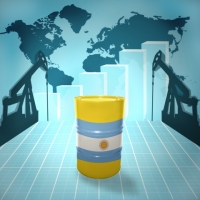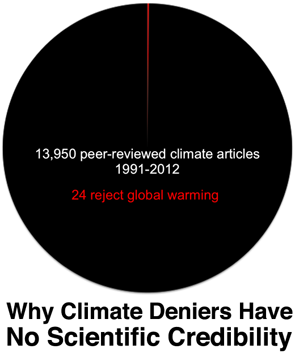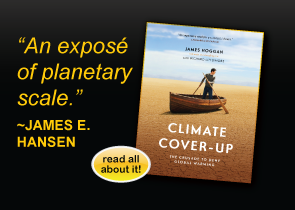While many countries, including France, Germany and South Africa, have banned or delayed their embrace of fracking, one country is taking a full-steam-ahead approach to the unconventional drilling technology: Argentina.
The country is welcoming foreign shale companies with open arms in the hope that oil and gas drilling will help combat one of the world’s highest currency inflation rates. But the government there is also facing violent clashes over fracking in arid regions of the Andes mountains and allegations from locals of water contamination and health problems.
Argentina’s Vaca Muerta shale formation — estimated to hold an amount of oil and gas nearly equal to the reserves of the world’s largest oil company, Exxon Mobil — has already attracted billions in investment from the major oil and gas company Chevron.
In April, the government drew global attention when it announced plans to auction off more acreage. “Chevron, Exxon, Shell have shown interest in Vaca Muerta. They will compete for sure,” Neuquen province Energy Minister Guillermo Coco told potential investors on a road show in Houston on April 30th.
Argentina, which the EIA estimates could hold even more shale gas than the U.S., already has over 150 shale wells in production, more than any country in the world aside from the U.S. and China. California-based Chevron, in partnership with Argentina’s state-owned oil company YPF, invested $1.24 billion in a pilot program last year. Last month, Chevron announced an additional $1.6 billion effort for 2014, part of Chevron's overall investment plan that could top $15 billion. The company is hoping that this plan will allow it to extract 50,000 barrels a day of shale oil plus 100 million cubic feet of shale gas per day from the country’s Andes mountain region.
American drillers have talked up Argentine shale as the next big thing. “Vaca Muerta is going to be an elephant compared to Eagle Ford,” Mark Papa, CEO of EOG Resources told the Argentine press in 2012, referring to a major oil-producing shale formation in Texas.




















